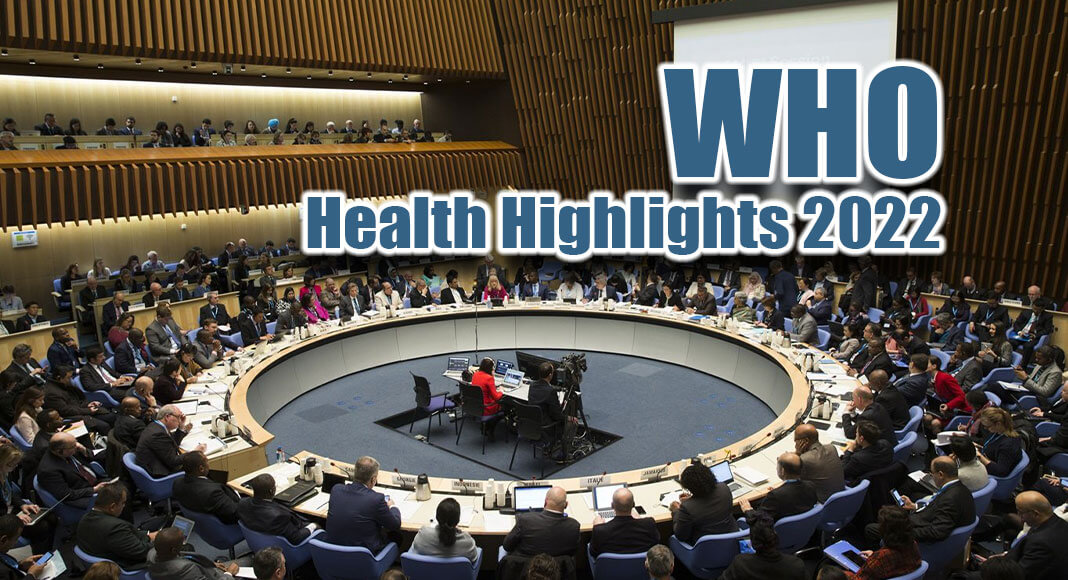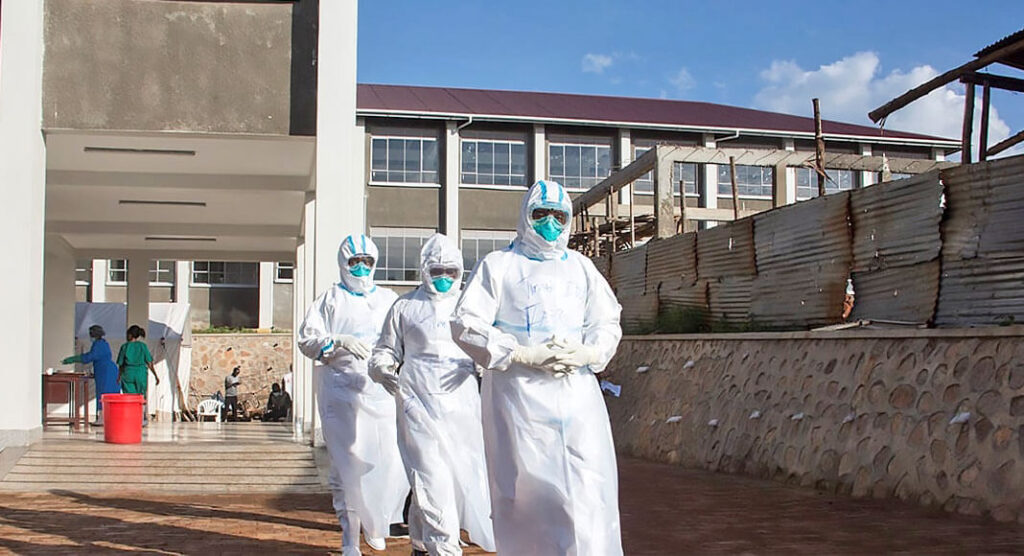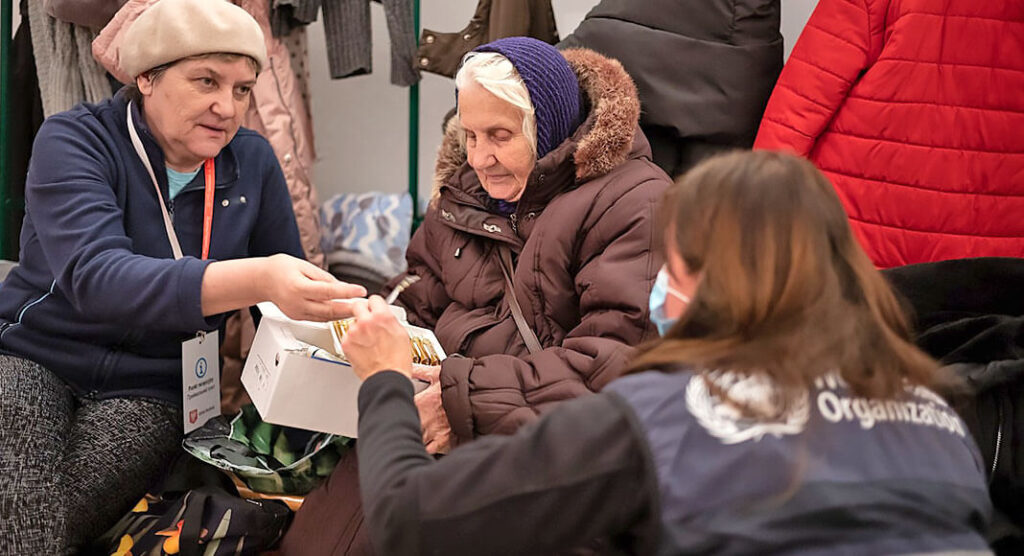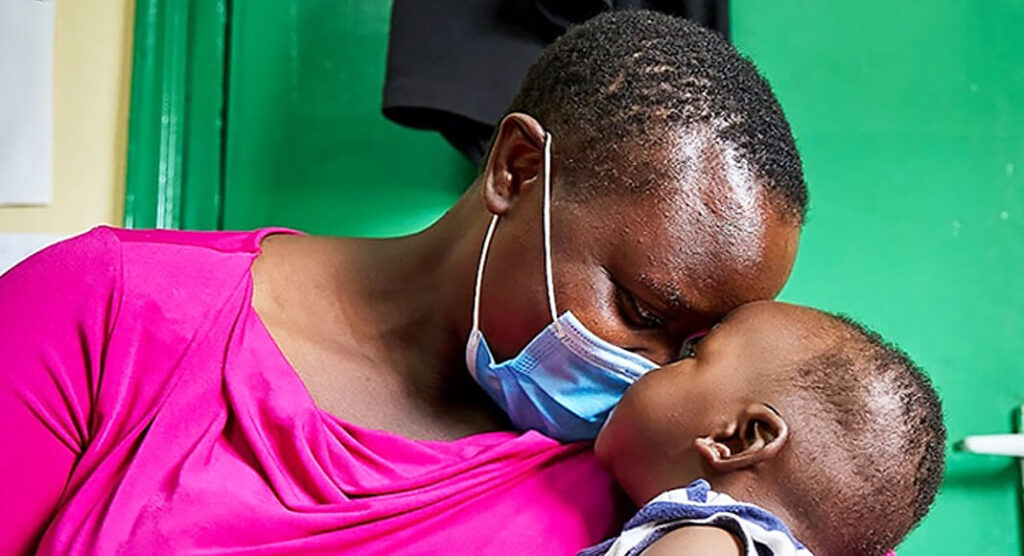
Mega Doctor News
We have lived through another year of the COVID-19 pandemic and a global outbreak of mpox (formerly monkeypox). The people of Ethiopia and Ukraine have been confronted with the death and destruction brought about by war. Ebola struck in Uganda, multiple countries have faced cholera outbreaks, and drought and flooding have significantly increased malnutrition and disease in the greater Horn of Africa and the Sahel. Severe flooding in Pakistan has put an enormous strain on health services.
That’s not to mention the multiple other threats to health that people face year in, year out – threats in the environment, in the products they consume, the conditions in which they live and work, and in their lack of access to essential health services.
We Still Have Many Reasons For Hope
The COVID-19 pandemic has declined significantly this year, the global monkeypox outbreak is waning, and there have been no cases of Ebola in Uganda since 27 November.
WHO is hopeful that each of these emergencies will be declared over at different points next year.
Despite the increase in cases of and deaths from malaria – another disease that continues to afflict some of the world’s most vulnerable populations – at the beginning of the pandemic, additional efforts in prevention, testing and treatment appear to be paying off, with no further increases in deaths in 2021 and cases increasing at a much slower rate than the year before.
WHO issued comprehensive global reports providing governments with guidance on how to transform mental health services, increase levels of physical activity, and prevent the oral diseases that affect almost half of the world’s population.
For more information on these, and other health highlights this year, read on.
COVID-19: Progress On Many Fronts
One Year Ago, We Were In The Early Stages Of The Omicron Wave, With Rapidly Increasing Cases And Deaths.

But since the peak at the end of January, the number of weekly reported COVID-19 deaths has dropped almost 90%.
The ACT-Accelerator (a global collaboration to accelerate development, production, and equitable access to COVID-19 tests, treatments, and vaccines) has now delivered nearly 2 billion vaccine doses and almost 200 million tests. The first oral antivirals started arriving in countries in the second half of 2022, while access to oxygen improved in nearly 100 countries.
However, there are still too many uncertainties and gaps for us to say the pandemic is over.
Gaps in surveillance, testing and sequencing mean we do not understand well enough how the virus is changing. Gaps in vaccination mean that millions of people remain at high-risk of severe disease and death. And gaps in our understanding of the post-COVID-19 condition mean we do not understand how best to treat people suffering with the long-term consequences of infection.
Preparing for a future pandemic
WHO has continued to emphasize the importance of learning from this pandemic so that we are better prepared for the next one. The establishment of the new Pandemic Fund in September is an important step in the right direction. The creation of an mRNA Technology Transfer Hub in South Africa, to give low- and lower-middle income countries the know-how to rapidly produce their own mRNA vaccines is another. A third is the commitment of countries to negotiate a legally-binding accord on pandemic preparedness and response. A zero draft will be discussed by Member States in February 2023.
Monkeypox
A new public health emergency
In July, WHO declared monkeypox, now known as mpox, a public health emergency of international concern. Primarily seen in central and west Africa in the past, more than 83 000 cases have been reported from 110 countries this year. Fortunately, the mortality rate has remained low, with 66 deaths.
As with COVID-19, the number of weekly reported cases of mpox has declined more than 90% since the peak. If the current trend continues, it is hoped that next year we will be able to declare an end to this emergency.
Ebola
A New Outbreak In Uganda

In September, Uganda declared a new outbreak of Ebola disease,caused by the Sudan ebolavirus species, which had not been reported in the country for 10 years.
The response of the Ugandan government to detect cases, treat the ill and mobilize communities to help contain the outbreak are showing results and the countdown to the end of the outbreak in Uganda has now begun.
The Greater Horn Of Africa And The Sahel
Famine And Conflict Threaten The Lives And Health Of Millions
In the greater Horn of Africa and the Sahel, climate-related drought and flooding are supercharging a food crisis, and driving outbreaks of cholera, yellow fever, measles and vaccine-derived polio.
WHO and partners are on the ground, working to provide access to basic health services, treatment for severe malnutrition and support for countries to prevent, detect, and respond to outbreaks.
In addition to outbreaks, climate-driven crises and other emergencies, conflicts jeopardized the health and well-being of millions of people this year in Afghanistan, Ethiopia, Syria, Ukraine and Yemen.
Ukraine
Supporting the health system

For the people of Ukraine, 2022 has been a devastating year.
WHO’s work in the country since the start of the war has focused on delivering specialized medical supplies, coordinating the deployment of medical teams and working with health authorities to minimize disruptions to the delivery of critical health-care services, not only in Ukraine, but also in countries hosting refugees.
Particular emphasis has been placed on supporting the mental health response, as the psychological effects of months of war increase
In addition to outbreaks, climate-driven crises and other emergencies, conflicts jeopardized the health and well-being of millions of people this year in Afghanistan, Ethiopia, Syria, Ukraine and Yemen.
Childhood Vaccination
Coverage Rates Have Yet To Recover

During the third year of the pandemic, efforts have continued to restore essential health services to pre-pandemic levels.
Routine immunization is one such area, where there has been the largest sustained decline in childhood vaccinations in 30 years. Measles is of particular concern, with an estimated 128 000 deaths from the disease and 22 countries experiencing large and disruptive outbreaks in 2021.
Increasing coverage rates to prevent outbreaks of vaccine-preventable childhood diseases will be a key priority in 2023.
Malaria Vaccine
Roll-Out Continues In Africa
The roll-out of the world’s first malaria vaccine, RTS,S, in Ghana, Kenya and Malawi continues through a pilot programme coordinated by WHO. More than 1.2 million children are protected by the life-saving malaria vaccine across the 3 countries. Broader deployment of the malaria vaccine is expected as soon as late 2023, and at least 27 countries have indicated interest in introducing the vaccine in areas of moderate to high malaria transmission.
Furthermore, new data released by WHO in December indicated that malaria cases and deaths had remained stable in 2021, contrary to a sharp increase in 2020.
Climate Change: Keeping Health At The Forefront Of Negotiations

WHO continued its efforts to highlight the impacts of climate change on health. The Organization had a significant presence at the COP27 discussions in Sharm El Sheikh, Egypt, in November, to promote the health argument for climate action and to advocate for resilient health systems, strengthening and reinforcing international cooperation and supporting the most vulnerable countries.
First-Ever List Of Fungal “Priority Pathogens” Released
A key output of WHO’s work to combat antimicrobial resistance this year was the release of the first-ever list of fungal “priority pathogens” – a catalogue of the 19 fungi that represent the greatest threat to public health. The WHO fungal priority pathogens list (FPPL) is the first global effort to systematically prioritize fungal pathogens, considering the unmet research and development needs and the perceived public health importance.
Global Reports Signpost The Way Forward In Preventing And Treating Noncommunicable Diseases And Mental Health

The World Mental Health Report provided the largest review of world mental health in 20 years. Drawing on the latest evidence available, showcasing examples of good practice, and voicing people’s lived experience, the report argues for a worldwide transformation in mental health services and lays out a roadmap for getting there.
The Report was followed by the publication of WHO guidelines on mental health at work, providing evidence-based recommendations to promote mental health, prevent mental health conditions, and enable people living with mental health conditions to participate and thrive in the workforce.
The Global status report on physical activity, the first such report issued by WHO, showed the extent to which governments are implementing recommendations to increase physical activity across all ages and abilities. Data from 194 countries showed us that overall progress is slow and uneven. Countries need to accelerate the development and implementation of policies to increase levels of physical activity, to reduce the burden from noncommunicable diseases such as heart disease and cancers, and mental health conditions.
Another first for WHO was the launch of the Global Oral Health Status Report, which highlighted that almost half of the world’s population suffer from oral diseases, with the number of oral diseases increasing by 1 billion over the last 30 years. The report serves as a wake-up call of the need to increase access to services for the prevention and treatment of oral diseases, particularly in low- and middle-income income countries where the burden is highest.
As the year came to an end, the world united to watch the FIFA World Cup. At this mega sporting event, our maturing partnership with FIFA enabled us to reach billions of people globally with campaigns to promote health.









